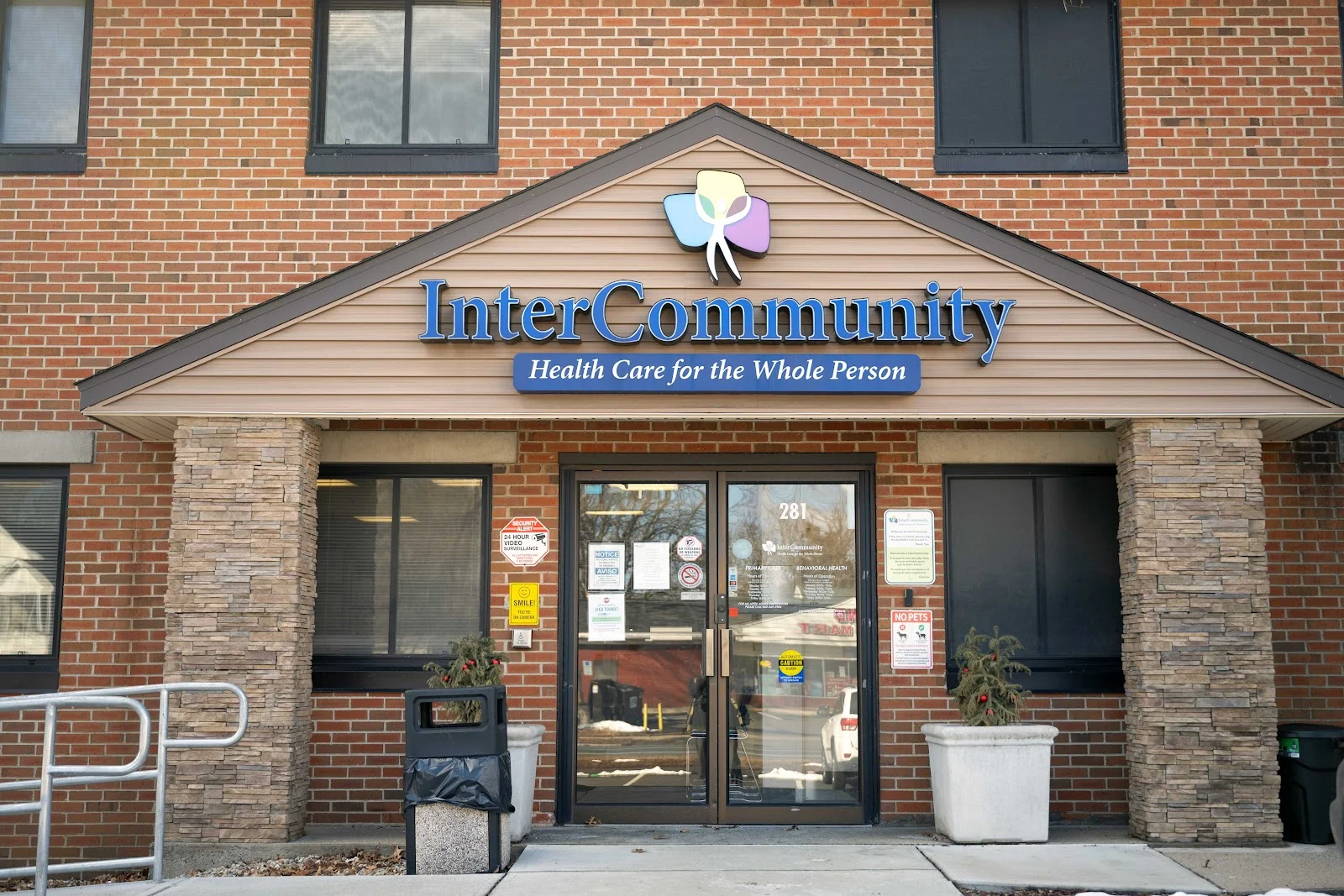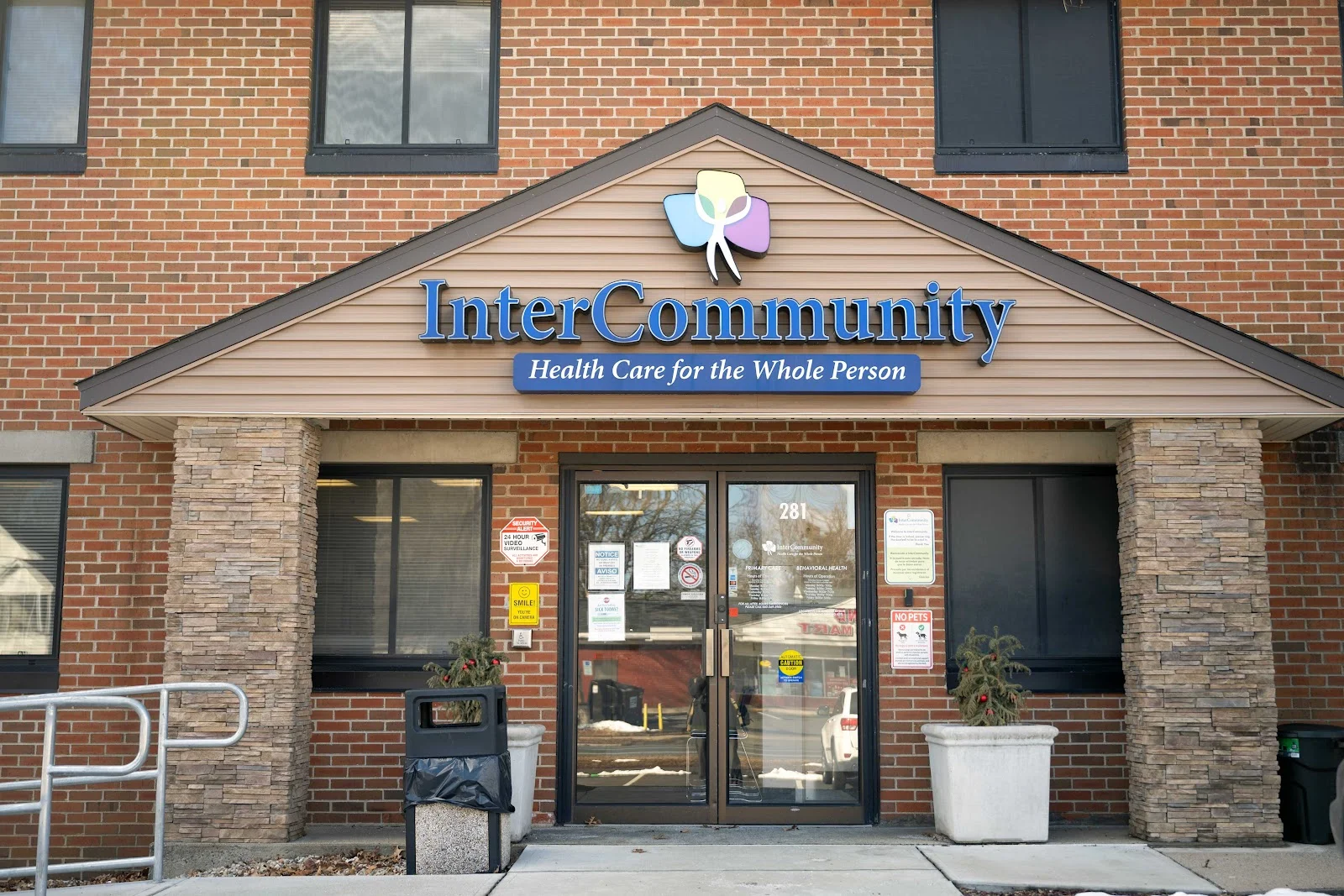InterCommunity Health Care - Great Hill Information
Treatment
Who We Treat
- Young Adults (18–25)
- Adolescents
- Children
- LGBTQ+
Conditions We Treat
- Post Traumatic Stress Disorder (PTSD)
- Trauma
- Chronic Pain Management
Languages
- English
- Spanish
Level of Care
- Outpatient
Accreditations
-
Federally Qualified Health Center
Federally Qualified Health Center (FQHC) accreditation is a process of evaluation and recognition by the federal government for community health centers that provide comprehensive and accessible healthcare services to underserved populations. FQHC accreditation is essential for centers to receive federal funding and to ensure that they meet standards for quality, patient-centered care.
Additional Locations
InterCommunity Health Care - Great Hill Accepts The Following Insurance Plans
Find the best treatment options. Call our free and confidential helpline today!





